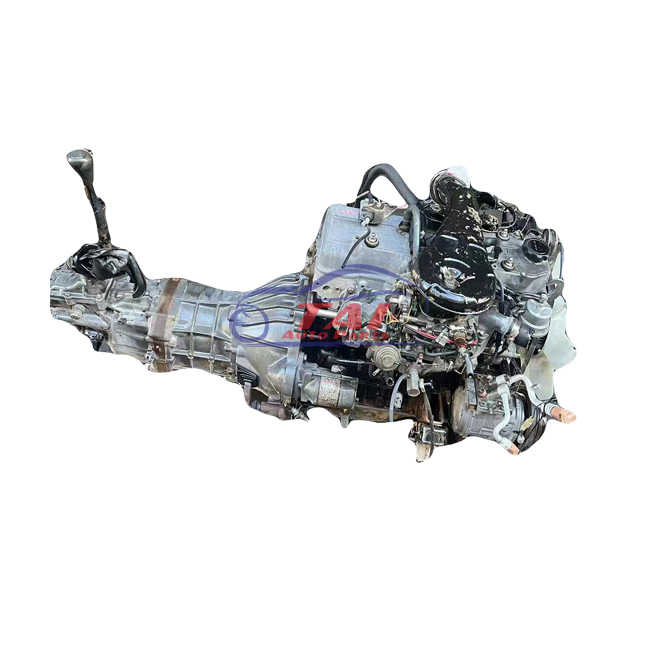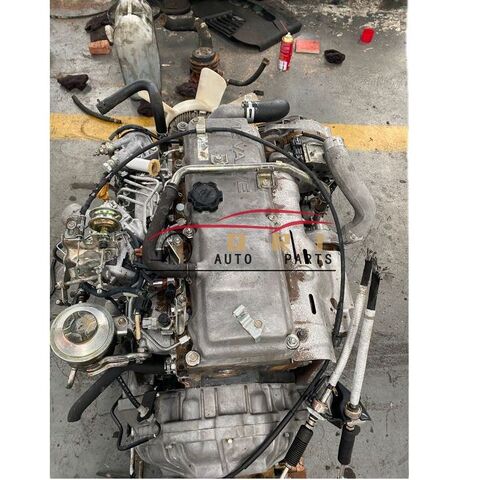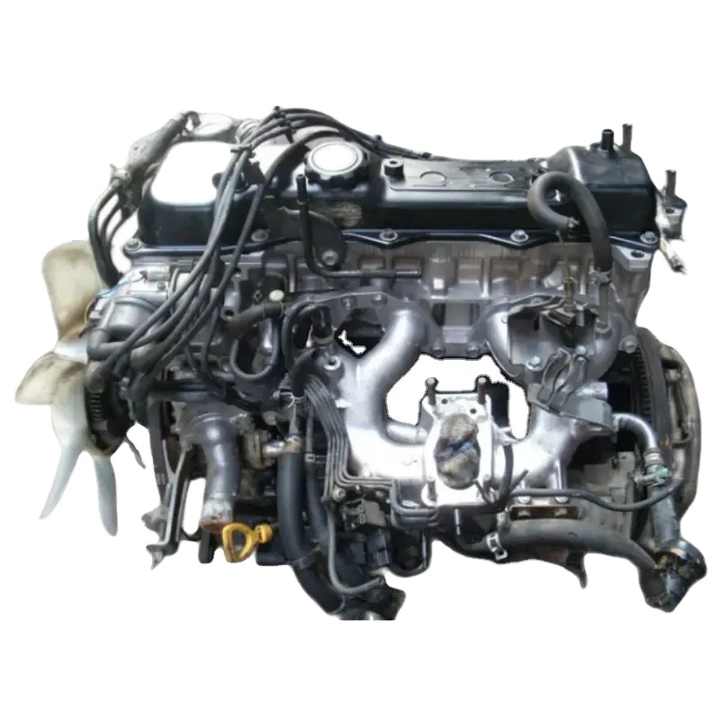Learn Why the Toyota RunX RSI Is a Popular Option Amongst Compact Cars
Learn Why the Toyota RunX RSI Is a Popular Option Amongst Compact Cars
Blog Article
Explore Quality and Value: Your Overview to Buying a 2nd Hand Engine
When thinking about the purchase of a used engine, recognizing the intricate balance in between quality and value is vital. A comprehensive evaluation of engine reliability, history, and condition is important to ensure a sound investment. By performing correct inspections and research study, possible customers can navigate the complexities of the marketplace better. The nuances of guarantee choices and pricing approaches can dramatically affect the general decision-making procedure. As you contemplate these aspects, one question stays: what specific components will eventually direct your option in this important investment?
Comprehending Engine Kind
When taking into consideration the acquisition of a pre-owned engine, understanding of the numerous engine types is vital for making an informed choice. Engines can usually be classified right into two main kinds: internal combustion engines and electrical engines. Inner burning engines, which consist of fuel and diesel versions, depend on the combustion of fuel to produce power. Fuel engines are commonly lighter and rev greater, making them ideal for performance vehicles, while diesel motor are renowned for their torque and fuel performance, typically preferred in durable applications.
On the various other hand, electric engines make use of electricity kept in batteries to power the vehicle, providing a cleaner option with less relocating components and minimized upkeep requirements. Within these categories, there are even more distinctions, such as four-stroke versus two-stroke inner burning engines, and different electrical motor configurations.
Understanding these differences is vital, as they affect efficiency, compatibility with existing car systems, and long-term operational costs. By familiarizing oneself with the different types of engines available, prospective purchasers can better assess their needs and choose that align with their automobile's demands and their personal preferences.

Evaluating Engine Problem
A complete assessment of engine condition is critical for any individual thinking about the acquisition of a used engine. Start with an aesthetic examination; check for indications of oil leaks, corrosion, or any type of physical damages to the engine block. A tidy engine is commonly indicative of good upkeep methods, while excessive gunk might suggest neglect.
Next, analyze the engine's elements, including the timing belt, gaskets, and seals. Look for damage, as these components can be expensive to replace. In addition, examine the engine mounts, as damaged mounts may result in vibrations and further mechanical issues.
A compression test is important to determine inner engine health. Uniform compression throughout all cyndrical tubes shows a well-maintained engine, whereas significant inconsistencies might point to internal damage or wear.
Paying attention to the engine throughout a start-up can supply important insights; any type of unusual noises, such as knocking or rattling, may suggest deeper concerns. If feasible, request a test run to examine performance under load. By thoroughly analyzing these elements, prospective customers can make enlightened decisions and safeguard a top quality second-hand engine.
Checking Engine History
Understanding the engine's background is crucial for making a well-informed acquisition. Understanding of previous use, upkeep documents, and any type of previous damages read more can substantially affect the engine's dependability and durability. Beginning by asking for the lorry identification number (VIN) or engine identification number, which allows you to map the engine's background.
Utilize readily available sources, such as Carfax or AutoCheck, to obtain an automobile background record. This record will provide vital understandings, consisting of crash background, service records, and previous ownership information. Toyota RunX RSI. Pay particular attention to any kind of indicators of severe damage or duplicated repairs, which might show underlying issues
Ask about upkeep regimens executed on the engine. Normal oil modifications, timing belt substitutes, and other precautionary actions mirror accountable ownership. Additionally, ask if the engine has actually undertaken any type of alterations, as non-standard modifications can affect efficiency and compatibility with your automobile.
Finally, when possible, look for confirmation from a relied on mechanic who can assess the engine's problem based upon its background (Toyota RunX RSI). This detailed examination will assist you prevent prospective pitfalls and make sure that your investment is rewarding and audio
Warranty and Return Plans
Acquiring a used engine typically comes with varying guarantee and return plans that can dramatically impact your decision. When considering an utilized engine, it is crucial to thoroughly evaluate the service warranty choices supplied by the vendor.

Moreover, reputable sellers typically supply documentation that describes the guarantee and return process, guaranteeing transparency. Constantly ask for this information before settling your purchase. A well-defined guarantee and return policy can provide assurance and protect your investment, making it an essential part of the decision-making process when that site purchasing a pre-owned engine.
Discovering the most effective Bargains
When looking for the ideal offers on a pre-owned engine, it is vital to carry out complete study and compare prices from numerous vendors. Begin by exploring on-line industries, vehicle discussion forums, and neighborhood salvage backyards to collect an extensive understanding of the market. Utilizing rate contrast tools can enhance this process, highlighting competitive prices across different platforms.

Take into consideration timing your acquisition tactically. Seasonal fluctuations sought after can affect rates, with specific times of the year offering far better bargains. Furthermore, be open to bargaining costs; lots of sellers might be prepared to decrease their asking cost, particularly if the engine has actually been noted for an find out extensive duration.
Verdict
In recap, acquiring a used engine demands a comprehensive assessment of top quality and value. Examining engine problem via examinations and examinations, confirming its history, and recognizing guarantee and return policies are critical actions.
When taking into consideration the acquisition of a used engine, understanding of the different engine types is vital for making a notified choice. Engines can usually be classified right into two primary kinds: inner burning engines and electrical engines. Gasoline engines are generally lighter and rev higher, making them suitable for performance automobiles, while diesel engines are renowned for their torque and fuel effectiveness, usually favored in heavy-duty applications.
A comprehensive evaluation of engine problem is critical for any person thinking about the acquisition of a second-hand engine. Begin by requesting the automobile identification number (VIN) or engine serial number, which enables you to trace the engine's history.
Report this page